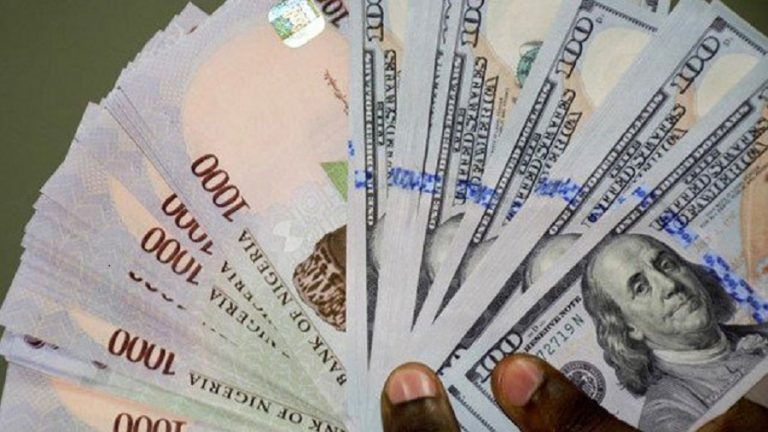In a slight upward movement, the Nigerian naira gained ground against the United States dollar on Tuesday, climbing to N1,499 from its previous all-time low of N1,534/$ on the official Nigerian Autonomous Foreign Exchange Market.
This positive shift marks a 2.3% increase or N35, as reported by FMDQ Exchange, a platform renowned for publishing official foreign exchange trading data in the country.
The naira has been under pressure due to several economic factors, including the removal of fuel subsidies and the consolidation of the exchange rate market initiated by President Bola Tinubu.
From May 2023 to February 2024, the local currency witnessed a decline from N464.67/$ to N1,490 at the official market. Simultaneously, it also depreciated from N763/$ to N1470/$ in the parallel market during the same period.
On Monday, the naira hit a new low of N1,534/$, only weeks after reaching N1,099.05/$ on December 8. It plunged even further to an all-time low of N1,348.63/$ on January 30, 2024.
At the parallel market, the naira continued its upward trend, rising from N1,503 to N1,530 as the closing rate on Monday.
Bureau De Change operators in Abuja reported that the dollar opened at N1,509/$ and closed at N1,530/$ during intra-day trading. Ibrahim Taura from Wuse, Abuja, highlighted that despite the high rates, demand for the greenback remained robust.
Nuhu Zakari, another BDC operator at the Abuja airport, disclosed purchasing the dollar at N1,525.
However, dollar sales by banks saw a significant decline of 54.2% from $253.77 million on Friday to $116.11 million on Monday, according to the latest data from FMDG.
Commercial banks had sold a total of $1.97 billion in the week preceding the reported decline.



